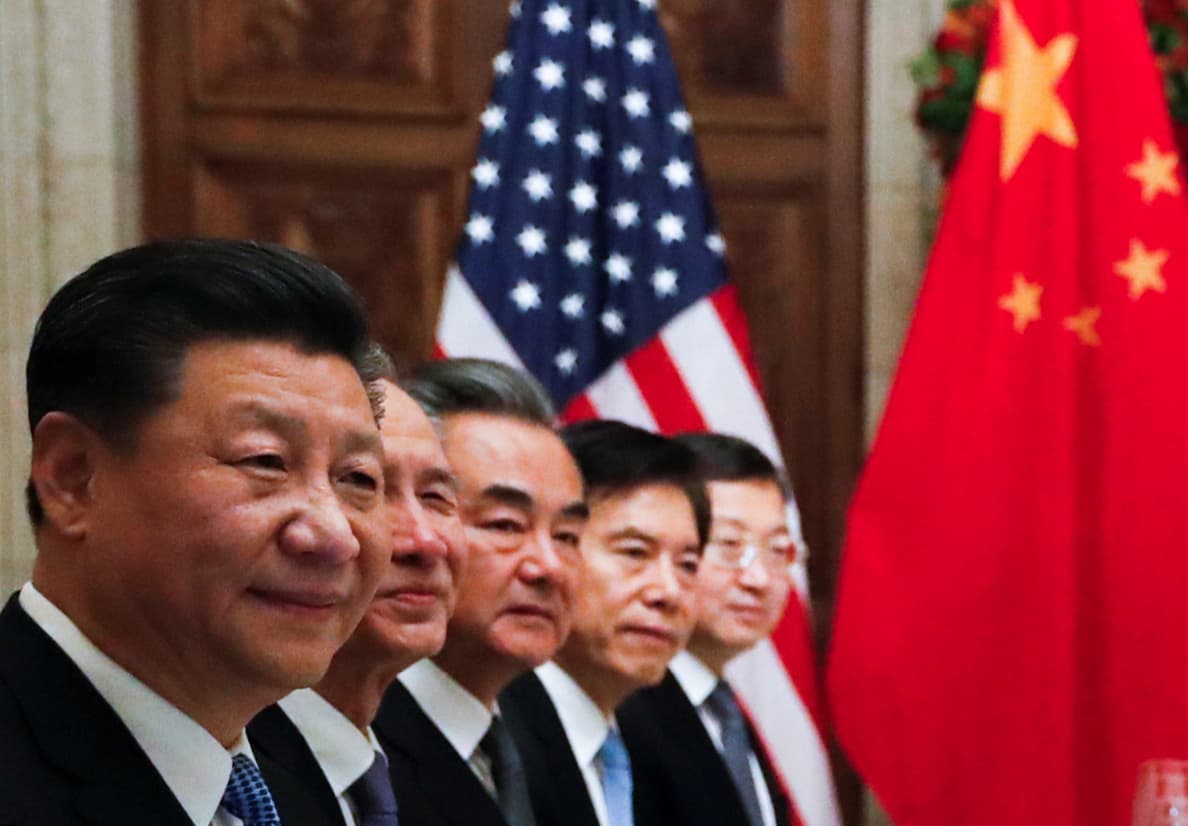The latest U.S. actions on trade are preventing negotiations with Beijing from proceeding, China's Commerce Ministry said Thursday.
"If the U.S. would like to keep on negotiating it should, with sincerity, adjust its wrong actions. Only then can talks continue," Ministry of Commerce spokesperson Gao Feng said Thursday in Mandarin, according to a CNBC translation.
He did not mention any U.S. actions specifically, but it's been a tense couple of weeks between the world's two-largest economies. President Donald Trump unexpectedly accused China of reneging on a deal earlier this month and announced that tariffs on $200 billion worth of Chinese goods would increase to 25% from 10% on May 10. Beijing retaliated, raising levies on $60 billion worth of U.S. products. In the last two weeks, the Trump administration also put Chinese telecom giant Huawei on a blacklist that prevents it from buying from American companies without U.S. government permission.
Google said Sunday it would cut ties with Huawei in order to comply with the order. But after the U.S. temporarily eased some restrictions on trade for the telecom and smartphone company, Google said Tuesday it plans to work with Huawei over the next 90 days.
Beijing blocks most Google search and other services in China.
"The U.S. ... crackdown on Chinese companies not only seriously damages the normal commercial cooperation between both countries, but it also forms a great threat to the security of the global industrial and supply chain," Gao said. "China is firmly opposed to this. We will closely monitor developments and make adequate preparations. "
U.S Treasury Secretary Steven Mnuchin told CNBC's Ylan Mui on Wednesday that a trip to Beijing has not been planned. Trump has said he plans to meet Chinese President Xi Jinping in late June at the G-20 meeting in Japan.
When asked Thursday whether Xi would meet Trump then, Gao referred reporters to the Ministry of Foreign Affairs.
Nearly three-fourths of respondents to a joint survey by the American Chambers of Commerce in Shanghai and Beijing said the latest round of U.S. tariffs and planned counter-tariffs from China are negatively affecting their businesses. Some respondents also noted increased scrutiny by customs authorities and other bureaucratic challenges.
Gao said Thursday that all foreign companies in China will be protected by the Chinese government. Regarding the issues some foreign companies raised, he said that China is working to address them and improve the business environment.


